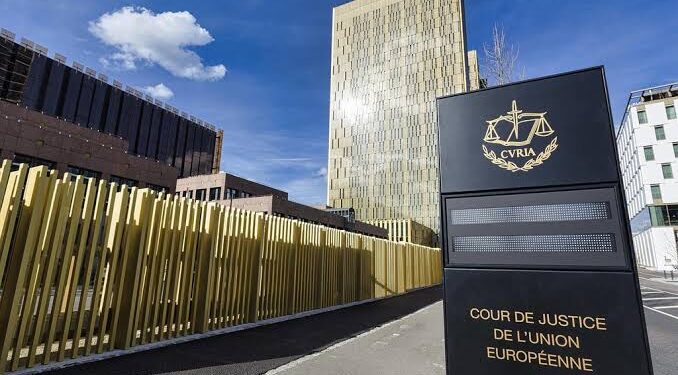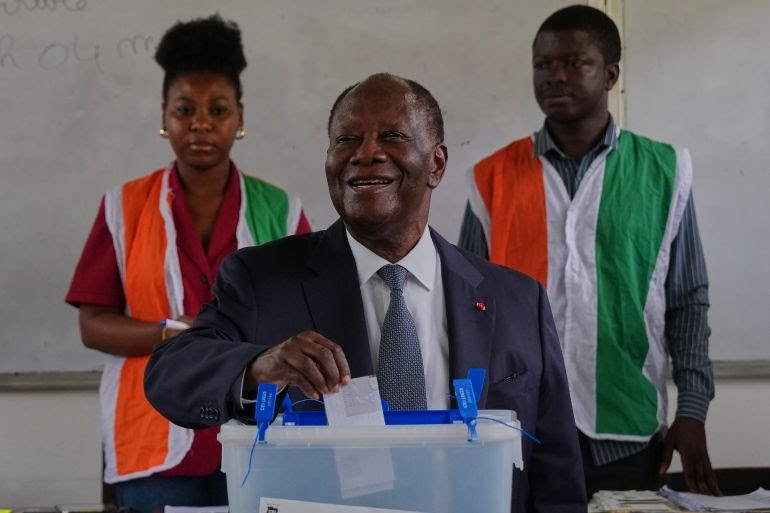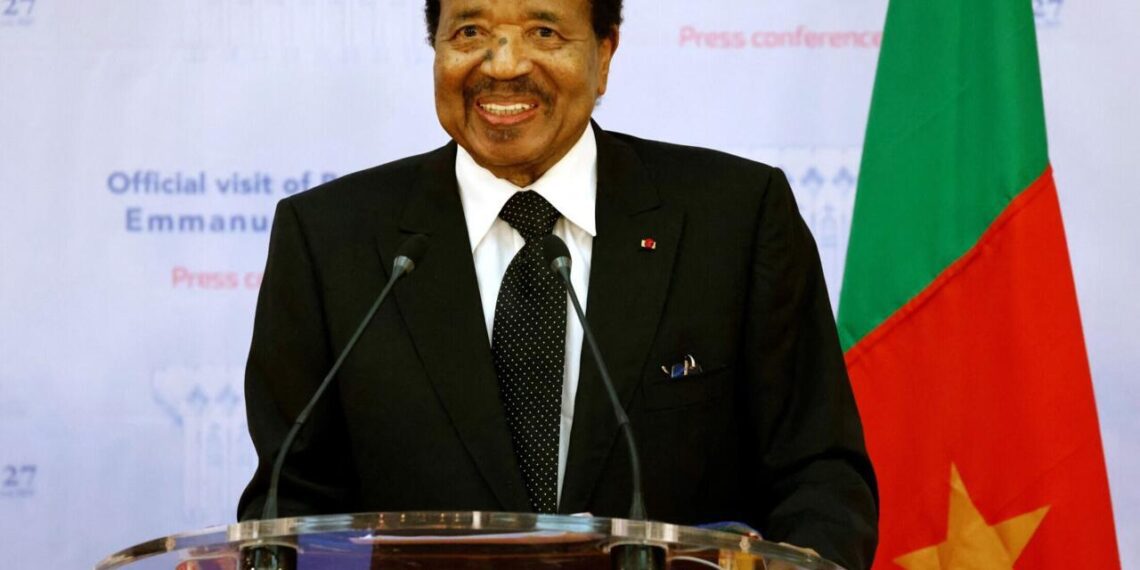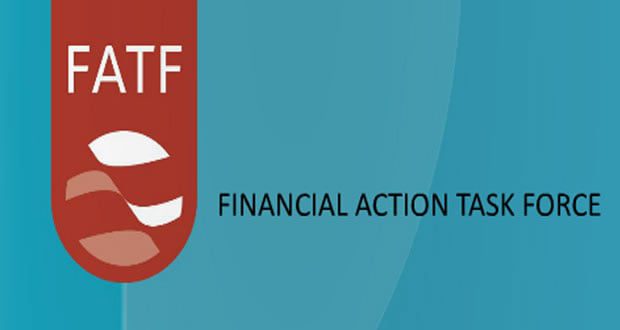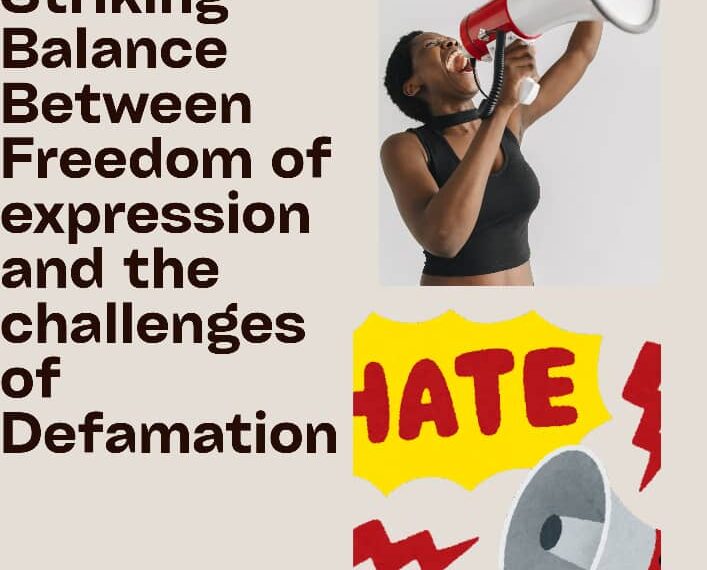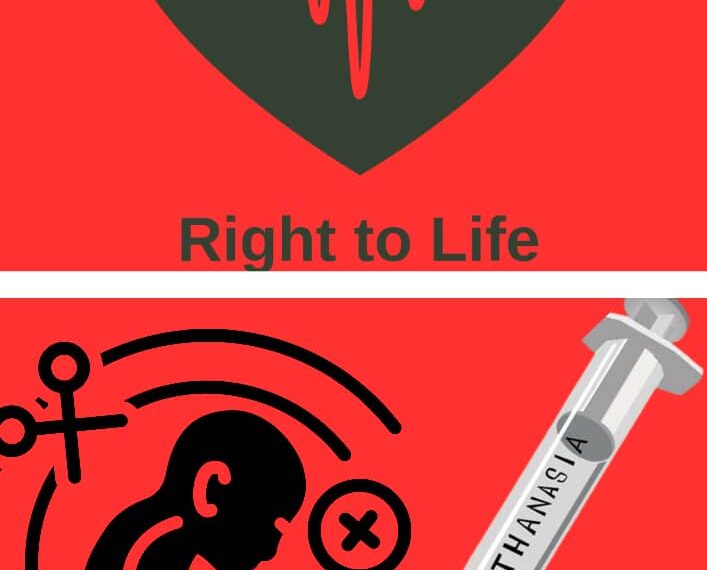Currently, footballers of Nigerian origin ply their trades in various top-flight European leagues, including Ademola Lookman (Atalanta, Italy), Victor Oshimien (Galatasaray, Turkey), Victor Boniface (Leverkusen, Germany), etc.
These players, their agents and legal advisors must be aware of strictures imposed by the Federation of International Football Association rules on player transfer rules.
Which may not be compatible with European Union laws. Footballers must also note the primacy of EU law in the context of rules governing sports over FIFA rules.
Lassana Diarra, a professional footballer with a career spanning several high-profile clubs, including Real Madrid, Arsenal and Chelsea, commenced a legal dispute against FIFA due to restrictive transfer regulations that hindered his mobility as a player, within the context of his employment by these clubs.
Diarra’s case is particularly poignant as it highlights the plight of athletes who, despite their skills and contractual agreements, find themselves constrained by overarching governance rules that infringe upon their fundamental rights imposed by EU law.
On October 4, 2024, the Court of Justice of the European Union delivered its judgment in Lassana Diarra and FIFPRO v. FIFA and URBSFA, Case C-650/22—(Diarra v. FIFA), finding that some aspects of FIFA’s transfer rules regarding financial compensation and imposing additional sporting sanctions on both club and player in case of early contract termination without “just cause” are incompatible with the guarantee of freedom of movement and EU competition law.
Thus, this paper reviews the CJEU’s high-profile Diarra v. FIFA decision, and attempts to identify the pitfalls facing most African/Nigerian footballers emigrating to European football leagues, by delving into the details of Diarra, the legal provisions involved, the Diarra ruling’s implications, and the specific contractual changes anticipated as a result of this historic decision.
Since 2001, FIFA has managed the international transfer system. In 2017, Diarra challenged the FIFA system by claiming that FIFA’s rules had prevented him from joining a new club following the termination of his contract with the Russian club—Lokomotiv Moscow.
Under FIFA’s regulations, if a player breaches his contract, the new club must pay compensation to the old club, which led to Diarra’s transfer to Belgian club Royal Charleroi being blocked in 2014.
Diarra had signed with Lokomotiv in 2013. After one year, Lokomotiv terminated the contract due to alleged contractual breaches and filed a claim for compensation before FIFA’s Dispute Resolution Chamber.
The DRC ultimately found Diarra liable to pay compensation of EUR10.5m to Lokomotiv. Since Diarra was without a club, his future employers were not liable for this compensation.
After the Lokomotiv contract, Diarra received an offer from a Belgian club, Royal Charleroi.
However, the offer was made under the condition that Diarra could be registered and play in the club’s first team in all FIFA, UEFA, and Belgian Football Association-organised competitions, and no compensation was due by Royal Charleroi to Lokomotiv.
As no such guarantees were provided by FIFA and BFA, Diarra missed this opportunity and was ultimately signed by a French club (Olympique de Marseille) in July 2015.
Diarra’s appeal against the Lokomotiv issue to the Court of Arbitration for Sport was subsequently rejected. In 2020, Diarra faced further challenges in securing optimal working conditions and regular playing time.
Following this, Diarra sought a transfer to move to another club. However, he encountered several obstacles denoted by FIFA’s transfer regulations, which seemed to impose stringent conditions on player mobility.
It was this experience which led him to believe that FIFA’s rules were not only unfair but also had the potential to go against the provisions indoctrinated under EU law.
Therefore, on the missed Belgian contract, Diarra challenged FIFA and BFA for damages and lost earnings, by initiating the action before the Belgian courts and claimed damages from FIFA and BFA, arguing that certain rules of the 2014 FIFA Regulations on the Status and Transfer of Players underlying the transfer and registration procedure were contrary to EU laws. Several amendments have since been made to FIFA’s RSTP rules.
Seized with the issue, the Belgian Court of Appeal in Mons referred the case to the CJEU under Article 267 of the Treaty on the Functioning of the European Union with the question of whether several FIFA RSTP rules are compatible with EU law.
The FIFA RSTP rules on the transfer and registration of international players contain a section on “Maintenance of Contractual Stability between Professionals and Clubs”, laying down the conditions for termination of contracts between clubs and players—providing that a contract between professionals and clubs may be terminated without compensation or sporting sanctions only: upon expiry of the term of the contract; by mutual agreement and where there is “just cause”.
Article 16 RSTP further states that a contract cannot be unilaterally terminated during a competition period.
In cases of early termination without just cause, Article 17(1) RSTP provides that the party in breach is liable to pay compensation. Several criteria will determine the level of compensation. Moreover, Article 17(2) specifies that if a professional is required to pay compensation, the professional and his or her new club shall be jointly and severally liable for its payment.
In addition to paying compensation, sporting sanctions are imposed on any player and club found in breach of contract during the protected period, because the club which signs such a player will be presumed to have induced the player to terminate his contract.
The protected period is defined in the RTSP as a period of three entire seasons or three years, whichever comes first, following the entry into force of a contract concluded prior to the professional’s 28th birthday, or two entire seasons or two years, whichever comes first, following the entry into force of a contract concluded after the 28th birthday of the professional.
In the case of a player, the sporting sanction is a four-month restriction on playing in official matches, which may be prolonged to six months in case of aggravating circumstances, pursuant to Article 17(3) RSTP. For clubs, Article 17(4) stipulates a ban from registering any new players, either nationally or internationally, for two entire and consecutive registration periods. A club will be able to register new players, either nationally or internationally, only as of the next registration period following the complete serving of the relevant sporting sanction.
Finally, as regards the registration of players, Article 9 of 2014 RSTP stipulated that players registered at one association may only be registered at a new association once the latter has received an International Transfer Certificate from the former association.
Annex 3, Article 8(7) of 2014 RSTP provided that the former association shall not deliver an ITC if the former club and the professional player are involved in a contractual dispute concerning the question of whether the contract has expired or whether there has been a mutual agreement on the early termination of the contract.
Contrarily, first, Diarra’s legal argument was that FIFA’s transfer regulations violated his rights as a worker under EU law. In particular, Article 45 of the TFEU, preserves and deals with the principle of free movement for workers across member states.
PArticle 45 also stipulates that EU citizens should not be subjected to restrictions that hinder their ability to work across these member states. Article 45 TFEU states thus:
Freedom of movement for workers shall be secured within the Union; and such freedom of movement shall include the right to accept offers of employment actually made, to move freely within the territory of Member States for this purpose, and to stay in a Member State for the purpose of employment (Prohibition of Discrimination).
Clearly, Article 45 establishes a fundamental right for individuals to seek employment and work in any member state without facing discrimination.
Second, Diarra also argued that FIFA’s rules conflicted with, and constituted an infringement of Articles 101 and 102 TFEU, thus standing contrary to competition law. Articles 101 and 102 prohibit anti-competitive agreements and practices, suggesting that FIFA’s regulations could unfairly limit a player’s opportunity to transfer freely between clubs across the EU, and thereby distort open market competition. Articles 101 and 102 TFEU provide:
Article 101 prohibits agreements that may affect trade between Member States and prevent or restrict competition. FIFA’s rules could be interpreted as such, as they impose restrictions that limit player mobility, effectively controlling the market; and
Article 102 addresses the abuse of a dominant position within the internal market. FIFA, as the governing body of football, holds significant power over transfer regulations, and the argument posited was that such power was being misused to create barriers to entry for players wishing to change clubs.
The CJEU held that the relevant FIFA RSTP rules fall within the scope of application of Articles 45 and 101 TFEU and transfer and registration rules directly impact both the work of football players as a professional economic activity as well as the club’s composition of teams for competitions, which forms part of their professional activities.
Further, the CJEU held that the FIFA RSTP rules have the potential of depriving, to a very large extent, any player of receiving firm and unconditional offers from clubs established in other member states, because: “The existence of these rules and the combination of them means that these clubs are faced with major legal risks, unpredictable and potentially very high financial risks, as well as major sporting risks, which, taken together, are clearly likely to dissuade them from hiring such players.”
The CJEU further nullified FIFA RSTP rules thus: “Likely to disadvantage professional soccer players who have their residence or place of work in their member state of origin and who wish to carry out their economic activity on behalf of a new club established in the territory of another member state by unilaterally terminating […] their employment contract with their former club, for a reason which the latter claims or risks claiming, rightly or wrongly, is not just.”
The CJEU Diarra ruling marked a potentially pivotal moment in the regulatory framework governing player transfers in Europe. Diarra’s landmark decision challenges established norms imposed by FIFA and UEFA, leading to a potential re-evaluation of player rights under EU Law. The implications of the Diarra case extend beyond legal considerations, affecting financial structures, governance, and the very fabric of competitive sports.
With the protection afforded to EU citizens against the strict and burdensome FIFA rules on transfers and registration, Nigerian players are enjoined to first seek naturalisation in their countries of destination to benefit from Diarra ruling protection










